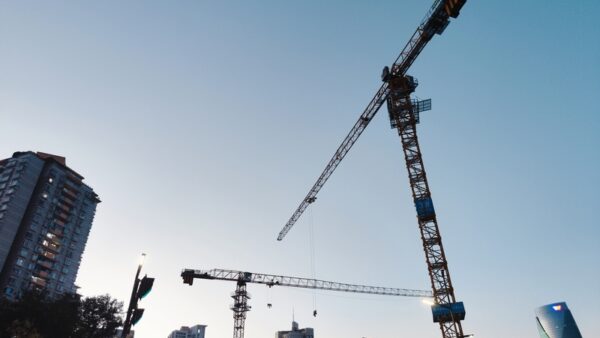The California Department of Industrial Relations has ordered a drywall contractor to pay nearly $2m for its failure to pay 476 employees what they were owed on 26 projects.
Fullerton Pacific Interiors must pay $1,892,279 to the workers and $72,400 in civil penalties, the judgement said.
The work included the installation of drylining at hotels, recreation centres and casino projects in Los Angeles, Orange and San Bernardino counties between August 2014 and June 2016.
According to the citation, the workers were not allowed to take rest periods, 289 of them were not paid for overtime, and 28 were paid less than minimum wage.
Californian labour law requires that workers be given a 10-minute compensated rest period for every four hours worked, or paid for an extra hour. Fullerton’s workers were allowed a 30-minute lunch “hour” but did not receive rest breaks.
Julie Su, a labour commissioner, commented: “In construction, unscrupulous contractors attempt to obscure their wage theft by paying workers a flat rate rather than for all hours worked. But a daily or other flat rate system does not take the place of minimum wage and overtime obligations.”
The investigation was launched after its workers complained about pay violations to the Carpenters Contractors Cooperation Committee, a non-profit labour-management organisation.
The issue of wage theft has risen on the agenda in a number of states. New York State and California have taken the lead in prioritising prosecutions, with New York making a point of bringing criminal charges against firms (see further reading).
Californian researchers have estimated that it affects as many as one in six workers in that state, however, it has also emerged as an issue in others.
Research by the Labour Centre at the University of Amherst has detected an “epidemic” of wage theft in drywalling and residential construction in in Massachusetts, which it blames on contractors’ response to losses in the world financial crisis.
Image: Many of the companies prosecuted in the US for wage theft have been in the drywalling sector (FEMA)
Further reading:










